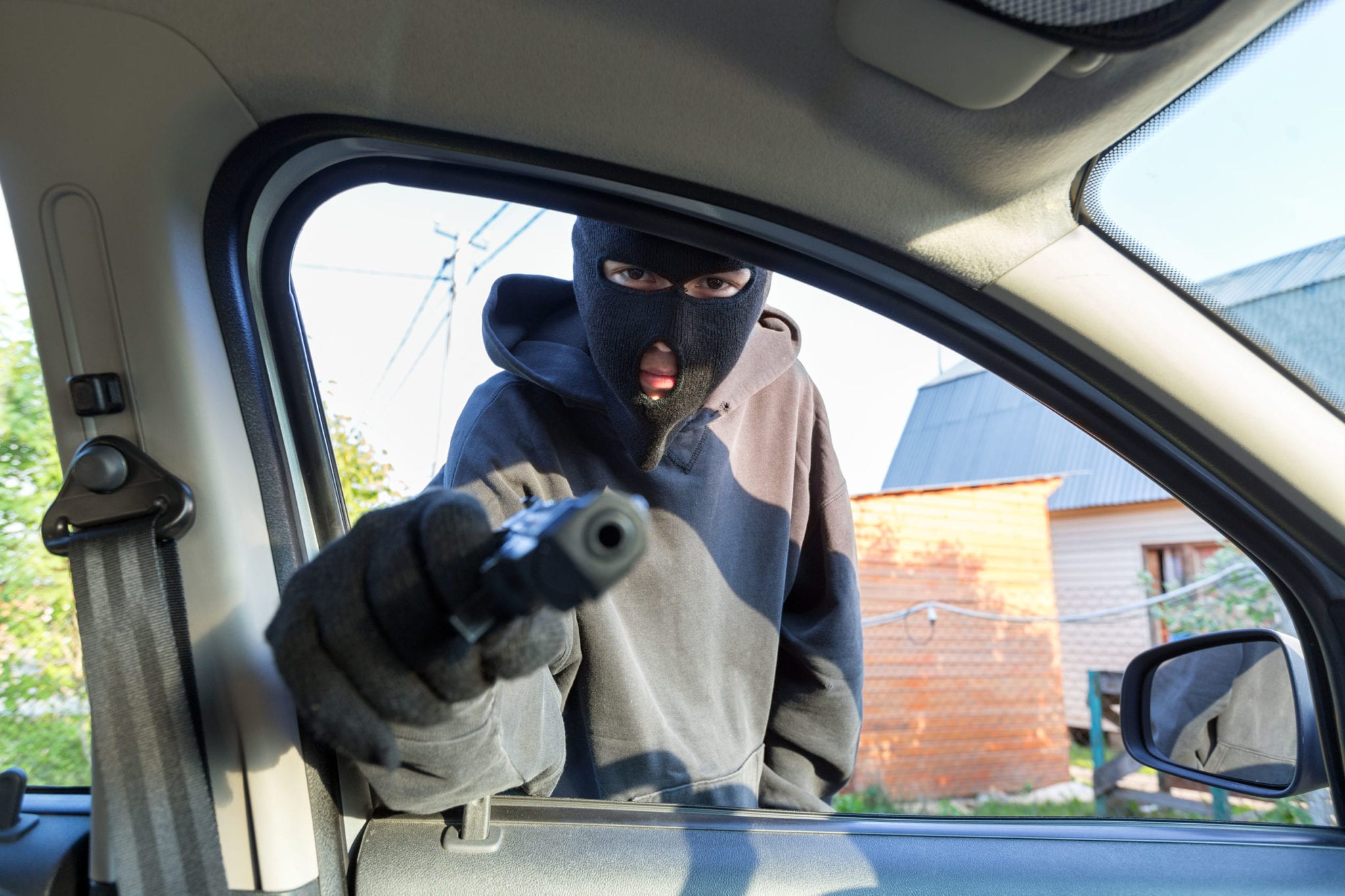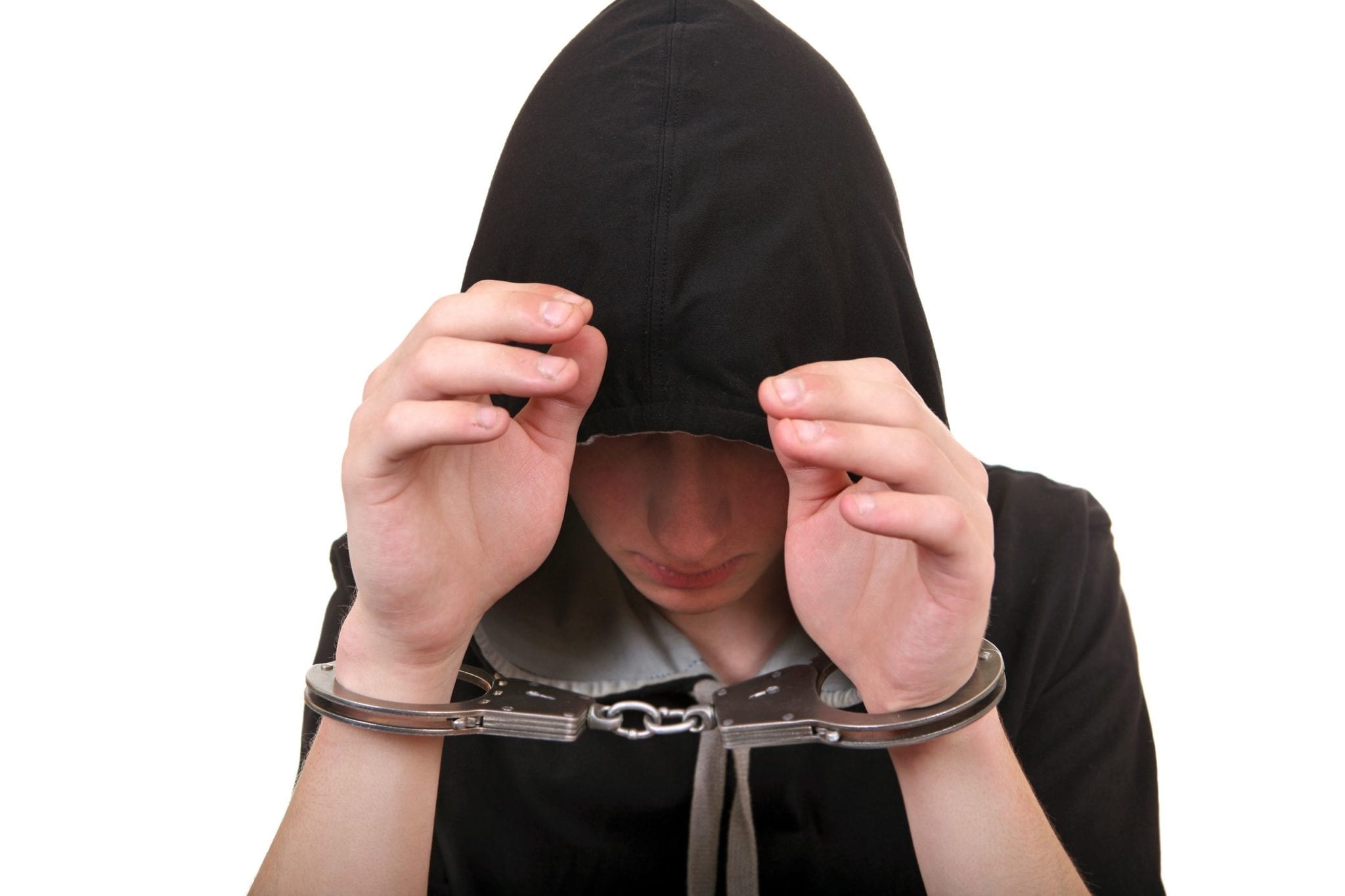Carjacking isn’t something anyone ever wants to experience, but it’s not an uncommon occurrence. What is surprising, however, is not only how many carjackings are taking place in our area but also who is committing these crimes!
In the Twin Cities, carjackings have increased over last year by a staggering 537 percent, and three-quarters of those crimes were perpetrated by our cities’ juveniles.
This is a grave concern for two reasons. One, carjacking is dangerous for everyone involved. And two, the more juveniles that enter the juvenile justice system, the more likely they will also be incarcerated later as adults.
That’s why the juvenile justice system in Minnesota works so diligently to try to rehabilitate juveniles in the system – it’s an effort to prevent future crime from taking place.
Learn here what every Minnesota parent needs to know about juvenile crime – what the most common juvenile crimes are, the penalties associated with them, and how you can help your children navigate the system with the help of an experienced attorney.
Common Juvenile Crimes in Minnesota
Under Minnesota law, a juvenile is defined as someone between the ages of 10 and 17. When they break the law and are tried in the juvenile court system, different laws and consequences can apply to them for their crimes.
In this state, the most common juvenile crimes tend to be:
- Shoplifting
- Public nuisance
- Employee theft
- Disturbing the peace
- Grand theft auto
- Curfew violations
- Speeding or reckless driving
- Drug possession
- Drunk driving and other alcohol violations for minors
- Obstruction of justice
Obviously, some of these crimes are far more serious than others, but any of them can alter the course of your child’s life for the worse.
Minnesota Penalties for Juvenile Crimes
In Minnesota juvenile courts, juveniles can be charged with either felonies or misdemeanors. What they are charged with depends on the type of crime committed and the circumstances surrounding the incident.
In the most serious cases, a juvenile may be charged as an adult and tried in the adult court system, which means facing the same consequences as any other adult would.
However, this is not what Minnesota wants for its children. Instead, the system is designed to give most juveniles a chance at rehabilitation. Therefore, diversion programs are often used with juvenile defendants to help them get the services they need.
In these programs, juveniles are allowed to be out in the community but must fulfill the terms of their pretrial diversion. If successful, the charges against them will be dismissed.
Diversion programs can include counseling, community service, probation, and house arrest in lieu of detention in a juvenile facility.
The Role of the Minnesota Parent
Minnesota’s parents play an integral role in the juvenile court system. They are required to appear with their child for every single appearance in court and to help guide the child in making decisions about the resolution of their case.
That’s why it’s really important for a parent to seek out legal counsel on behalf of their child, especially for crimes that are very serious. A criminal defense attorney brought in by the parent can help advise on a strategy that is helpful when trying to fight against charges.
With feedback from parents, a Minnesota defense attorney can also help their juveniles to understand the consequences of the case against them. It’s vital for everyone to understand what is happening at each stage of the case.
If your child is in trouble with the law, understanding their rights and your role is crucial to the best outcomes.
About the Author:
Christopher Keyser is an AV-Preeminent rated criminal and DWI defense attorney based in Minneapolis who is known for fighting aggressively for his clients and utilizing innovative tactics to get the most positive results. He has been featured in numerous media outlets due to the breadth and depth of his knowledge and named a Certified Specialist in Criminal Law by the Minnesota Bar Association. Mr. Keyser is Lead Counsel rated, and he has received recognition for his criminal law work from Avvo, Expertise, Super Lawyers, The National Trial Lawyers, and more.







